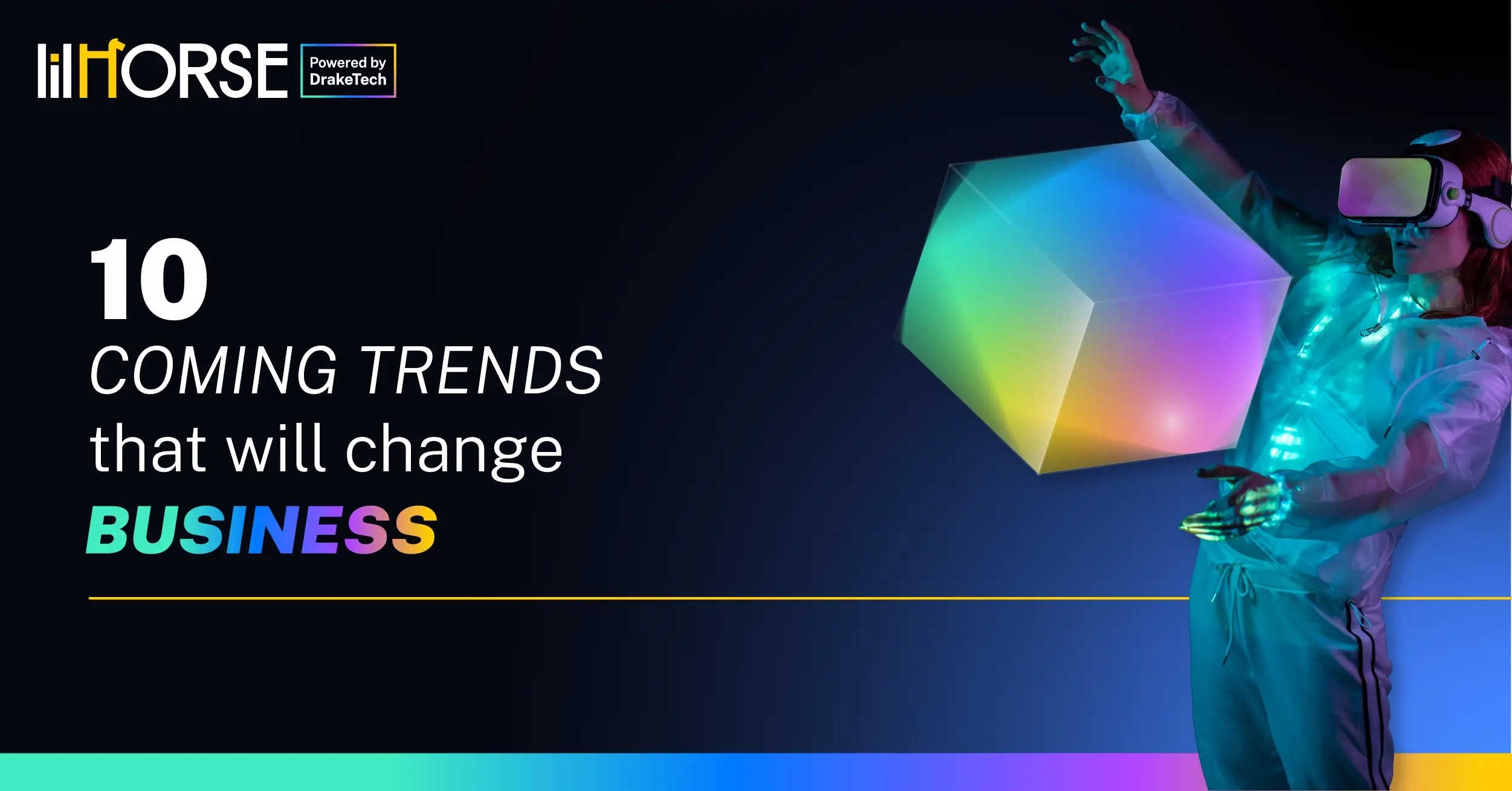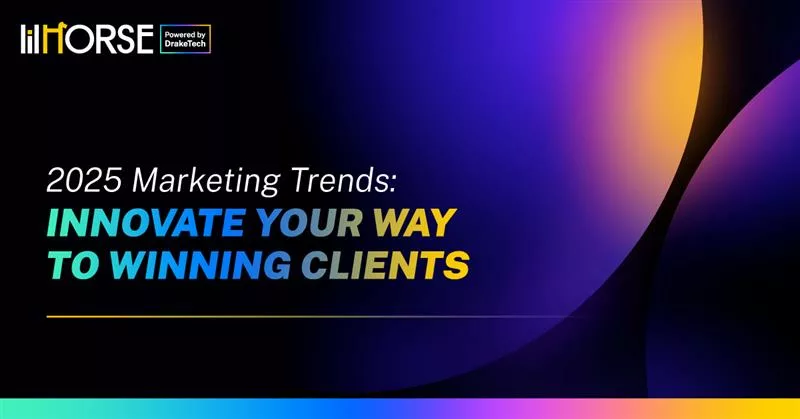The future for companies is an exciting frontier, with technology and innovation changing how companies work. You might be wondering how business will change in the future? We’ve got you covered!
As we ride the wave of technological growth, we find ourselves on the precipice of transformative change. This change is not only about improving business operations. It is also a revolution that affects how companies interact with customers. Additionally, it empowers employees and helps navigate the global landscape.
Join us as we explore the future of the business world. Innovation and technology are the main focus!
Technological Advancements
The future of business promises a captivating tapestry of innovations.
These breakthroughs will rewrite the rules of commerce and industry, reshaping how companies operate and connect with the world. It’s essential to grasp the pivotal role played by technological advancements, the very lifeblood of the future work landscape.
Artificial Intelligence and Automation
As we start our journey to discover the future of business, the amazing possibilities of AI and automation amaze us. These dynamic technological powerhouses have wasted no time reshaping entire industries, performing automated feats, and fine-tuning processes with unparalleled precision. It’s a transformation already underway, redefining how businesses operate on multiple fronts.
AI-driven decision-making will be important for the future of business. It will provide real-time insights and predictive analytics for strategy and daily operations.
Imagine chatbots seamlessly enhancing customer service, providing instant solutions and support. Picture machine learning algorithms as they work their magic, revolutionizing the intricate dance of supply chain management, optimizing logistics, and minimizing disruptions. AI is emerging as the undisputed driving force behind the future of business trends.
The numbers are staggering, as revealed by PwC’s Global Artificial Intelligence Study: Exploiting the AI Revolution. The study forecasts that AI has the potential to contribute a monumental $15.7 trillion to the global economy by 2030. This projection shows how AI will have a huge impact, bringing in a time of great economic growth and innovation.
Equally noteworthy is a recent Deloitte study, which paints a picture of enthusiastic adoption. In 2023, over 50% of organizations are gearing up to incorporate AI and automation technologies into their operations. This isn’t merely a trend but a tectonic shift transcending industries and sectors.
Blockchain Revolution
While often associated with cryptocurrencies, blockchain technology promises a far-reaching impact, extending its transformative potential across a spectrum of domains. This system is already changing how businesses work, benefiting many industries and building trust with partners and customers.
Here are some of the remarkable benefits of the blockchain revolution:
- Enhanced Transparency: Blockchain ensures transparent supply chains, allowing tracking of product origins for authenticity and ethical sourcing.
- Robust Security: With built-in cryptography, blockchain secures data and transactions against tampering.
- Efficient Operations: Smart contracts automate tasks, reducing administrative work, improving efficiency, and ensuring compliance.
- Cost Savings: By eliminating intermediaries, blockchain lowers costs and reduces fraud risks, saving businesses money.
- Trust Building: Immutability and transparency in blockchain build trust among partners, customers, and stakeholders.
- Global Impact: By simplifying and securing cross-border transactions, blockchain has the potential to revolutionize international trade, reducing inefficiencies and costs.
This technology is not just a future idea but a real innovation that is changing how we do business.
Internet of Things Integration
IBM defines IoT as a network of smart devices connected by sensors and software. It allows data to flow easily, creating a web of intelligent connections. As business becomes increasingly global, the Internet of Things (IoT) will be the connective tissue that binds everything together.
With IoT, business leaders can monitor and manage their assets, optimize logistics, and enhance customer experiences in real time. This allows companies to make data-driven decisions and deliver tailored services, propelling them into a future-ready era.
The benefits of IoT integration include:
- Asset Management: IoT allows remote monitoring and management of assets, optimizing performance, reducing downtime, and extending equipment lifespan.
- Logistics Optimization: Real-time tracking and data analysis streamline logistics, cutting shipping costs and improving supply chain efficiency.
- Customer-Centric Experiences: IoT collects customer data, enabling tailored experiences such as personalized recommendations and proactive support.
- Predictive Maintenance: IoT sensors predict maintenance needs, preventing costly breakdowns and ensuring smooth day-to-day operations.
- Data-Driven Decisions: IoT-generated details empower data-driven decisions, optimizing processes and efficiency.
- Energy Efficiency: IoT sensors monitor energy use, helping businesses identify and implement energy-saving measures.
- Enhanced Safety: IoT provides real-time alerts and hazard monitoring in industrial settings, improving safety.
- Competitive Advantage: Early IoT adopters gain a competitive edge through superior services, cost reduction, and staying ahead in market trends.
Workforce Evolution
In today’s ever-changing workforce, traditional boundaries are fading, giving rise to adaptability, technology, and innovation.
This change includes remote and hybrid work, upskilling, and collaboration between humans and AI. It brings a future where talent is not limited by borders, learning is ongoing, and creativity has no limits.
Remote and Hybrid Work Models
In the evolving workforce, geography no longer limits talent. Remote and hybrid work models are unleashing a global talent pool, adding diversity and flexibility to businesses. This transformation isn’t just about remote work; it’s driven by advanced tech like virtual reality (VR) and augmented reality (AR).
In this world, virtual reality and augmented reality seamlessly merge with reality. This enables people to connect with each other from a distance and experience a sense of togetherness. This future sparks innovation, supercharges efficiency, and redefines work. In this limitless landscape, the workforce reimagines offices, rewrites rules, and reignites creativity, all under the banner of tech-driven progress.
Upskilling and Reskilling Initiatives
Companies are racing to stay competitive, embarking on dynamic upskilling and reskilling journeys. They’re not just adapting, they’re shaping their workforce for a rapidly evolving landscape. Continuous learning isn’t an option; it’s the new norm. Businesses are championing lifelong learning to keep their workforce agile and future-ready.
In this realm, expertise isn’t just about what you know today but how quickly you embrace what’s new tomorrow. It’s a future where the workforce is adaptable, a canvas of perpetual learners. As industries change, these trained professionals lead the way into a constantly changing future, making sure companies stay innovative.
Human-AI Collaboration
AI takes on routine tasks in this dynamic landscape, freeing humans to explore creativity, intricate problem-solving, and relationship-building. Envision a future where AI handles repetitive chores, diligently analyzes data, and automates processes. This empowers humans to become visionaries, delving into innovation and strategic thinking that propels businesses to success.
This collaboration combines human intelligence and AI skills, opening up endless possibilities for us. It’s an era where the digital and human seamlessly intertwine, with technology amplifying human potential rather than replacing it. In the future, there are no limits to innovation. Productivity is very high, and businesses work well with human-AI collaboration. It’s like a symphony of progress for tomorrow!
For Sylvain Duranton, global leader of BCG X, it’s important to keep humans in the loop “because left alone, AI can do very dumb things. Sometimes with no consequences (…), sometimes with more consequences (…) and sometimes with worst consequences.”
Market Dynamics
The future of business will bring forth an ever-evolving landscape that will profoundly transform market dynamics. There will be significant changes that will affect how businesses operate. These changes will also impact how businesses interact with customers and seize opportunities.
Globalization and Localization
The intricate interplay of globalization and localization is the linchpin of future market dynamics. This balance, woven into business strategy, will redefine how companies expand. With technology, organizations expand globally and customize products and services to suit local preferences and tastes.
This equilibrium opens doors to seize new markets while respecting cultural sensitivity. It’s a future where companies navigate diversity, using technology as a bridge between global ambitions and local authenticity. When we study globalization and localization, we find different strategies that use technology to balance global goals and local impact.
Ecommerce and Online Marketplaces
The future business landscape shines with the relentless ascent of ecommerce and online marketplaces, offering vast opportunities for growth and innovation. This digital transformation of shopping isn’t a passing trend; it’s an unstoppable force redefining commerce itself. To thrive, companies must go beyond transactions, mastering the art of delivering exceptional customer experiences and personalization.
Businesses become digital artisans in this landscape, creating immersive shopping journeys, not just products. It’s a future where the line between the physical and virtual blurs, and businesses cultivate customer loyalty through engagement and satisfaction. In this future, As we explore further, we find a world of endless innovation, inviting businesses to create stories using technology and experiences.
Consumer Behavior Shifts
Consumer behavior is about to undergo a significant transformation soon. Data analytics and AI-driven insights take the lead, empowering companies to delve deep into the consumer psyche. Understanding and anticipating evolving needs and desires becomes a tangible reality. A commitment to sustainability, ethics, and social responsibility underpins this shift, shaping consumer preferences.
It’s a future where companies evolve from providers to stewards of conscious consumption. Exploring this sea of change reveals a landscape where products and purpose guide consumer choices. We celebrate ethical and sustainable brands, and data-driven insights illuminate the path to customer satisfaction. In this future, businesses navigate a changing sea, guided by data as their compass and sustainability as their guiding star.
New Market Entrants
In the ever-evolving future market landscape, new market entrants emerge as transformative forces poised to reshape industries and redefine competition. New companies challenge industry leaders by using technology. They navigate a business landscape with fewer barriers. The most important factor for these companies is innovation.
Both old and new players exist in this dynamic space, where established industry leaders and agile newcomers constantly innovate and disrupt. The future market is fast-paced and driven by innovation and entrepreneurship. This leads to more creativity and progress in industries.
Embrace the Change and Be Future-Ready
Technology, innovation, and adaptability reign supreme in this kaleidoscope of possibilities. To thrive in this dynamic landscape, companies must embrace the tools and nurture a flexible and ever-learning workforce.
Future businesses will not only survive but also thrive, establishing new benchmarks for success and sustainability in a technology-driven world.



